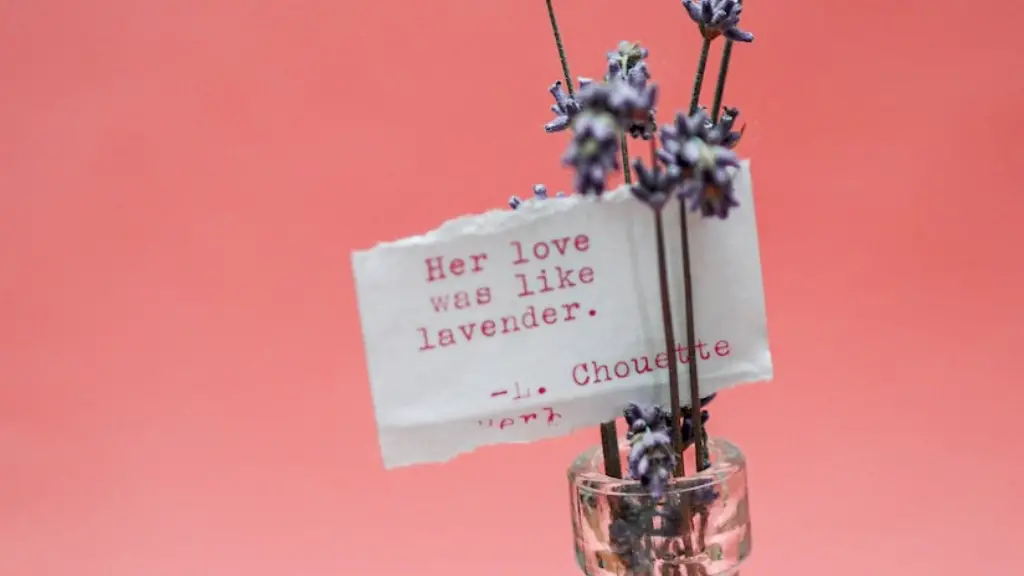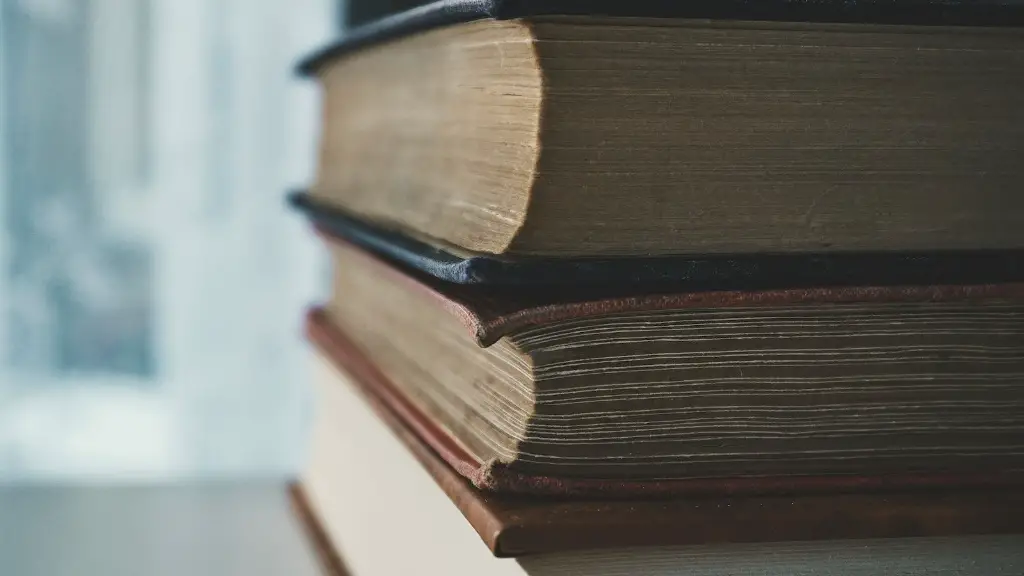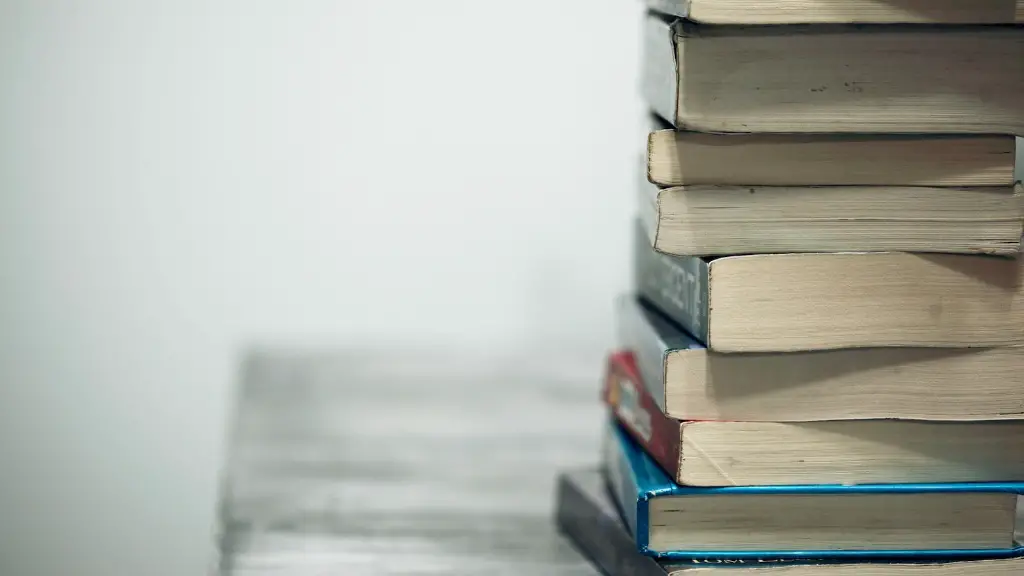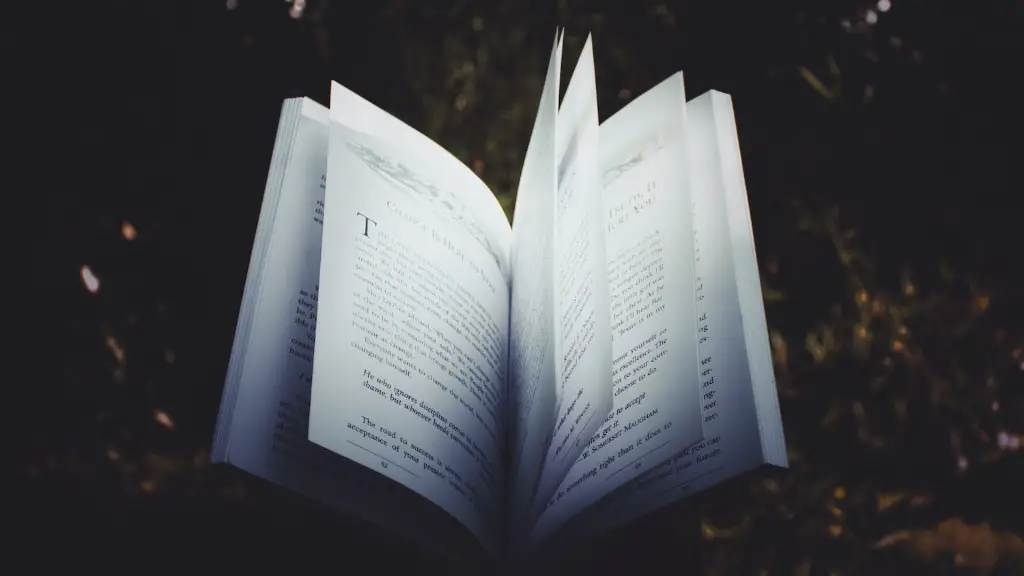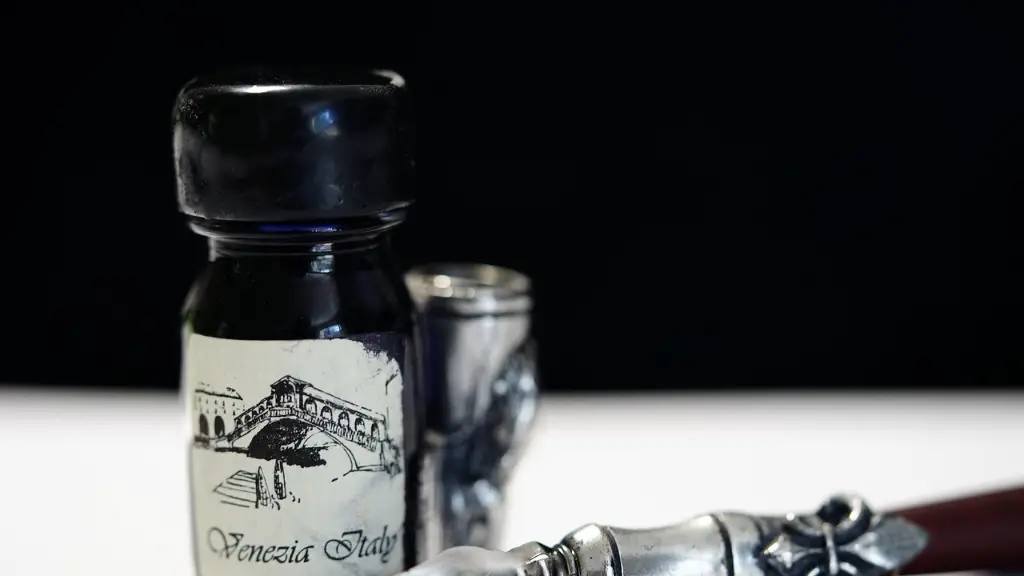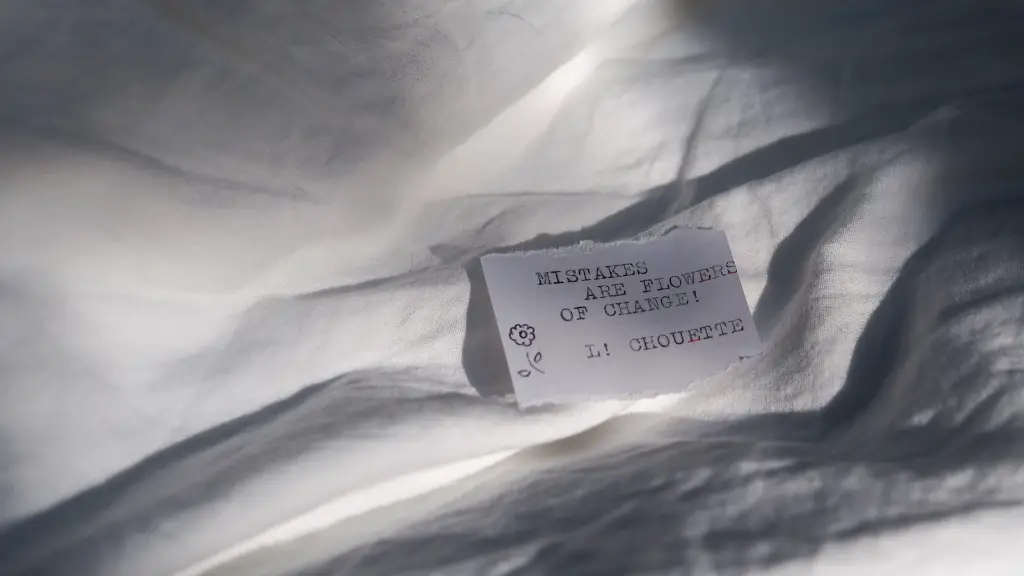Types of Poetry: An Overview
Poetry is one of the oldest forms of literature and consists of a rhythmic and meaningful use of words. It comes in many forms and through the centuries was used to document stories, ideas, feelings, and beliefs. There are many different types of poetry, each with its own unique style, structure and arrangement of words. In this article, we’ll explore the different types of poetry and provide an overview of what makes each one distinct.
Verse Poetry
Verse poetry is a type of poem that follows a specific meter—or rhythmic pattern—and a rhyme scheme. This form of poetry has been around since ancient times and has become a part of many cultures. It is often written in a specific form, such as the sonnet or the villanelle, and is often seen as a test of a poet’s skill.
Verse poetry often focuses on emotion, imagination and often uses vivid images to convey a story or idea. Though it can also be used to document events, it is more often used to create an emotional response in the reader. It is often composed in a rhythmic, musical style, with a traditional rhyming pattern.
Lyric Poetry
Lyric poetry is a type of poem that is written to express personal emotions or thoughts. It often deals with themes such as love, loss, sorrow and joy, and is written in an expressive and intimate tone. Unlike verse poetry, lyric poetry does not follow a specific structure or meter, and often allows the poet to be more creative in their use of language.
Lyric poetry is often associated with song, as the intense emotions of the lyrics often lend themselves to being set to music. It is usually composed in either a narrative or descriptive style, and can use metaphors and imagery to enhance its meaning.
Free Verse Poetry
Free verse poetry is a type of poem that does not follow any specific form or meter. It is usually composed in an irregular rhyme scheme, if it rhymes at all. Instead of focusing on traditional structures and forms, it emphasizes personal expression and often focuses on themes such as personal reflections, observations, and life experiences.
Free verse is appealing to many poets as it gives them more freedom in their writing. It allows them to express themselves more freely, without having to adhere to the rules and constraints of a specific structure. It is often composed in a more conversational style, as though the poet were speaking directly to the reader.
Narrative Poetry
Narrative poetry is a type of poem that tells a story. It usually has a clear plot and characters, and often deals with themes such as heroism, love, and adventure. It is usually composed in a formal style, with a specific rhyme scheme and meter, and can often be read as a traditional ballad or folk song.
Narrative poetry has been around for centuries and is often seen as a way for poets to document stories, legends, and history. It often has a strong emotional tone, and can be used to convey a moral lesson or a powerful message.
Form Poetry
Form poetry is a type of poem that follows a specific structure or form. It is often composed in a traditional form, such as the sonnet or villanelle, and consists of lines that fit a specific meter. This type of poetry often focuses on the beauty of the language and the music of the words.
Form poetry often has a strict rhyme scheme and follows specific rules of structure. It is seen as a test of a poet’s skill and knowledge and can be incredibly intricate and complex. It often focuses on a single theme, such as love or loss, and can be used to convey a strong message or emotion.
Haiku Poetry
Haiku poetry is a type of poem that originated in Japan. It typically consists of three lines, with five syllables in the first line, seven syllables in the second line, and five syllables in the third line. It is usually composed in a simple, yet evocative style and focuses on nature and the senses.
Haiku poetry is often composed in an emotional or philosophical tone, and can be used to convey a deep insight or understanding of life and the world. It is often seen as a test of a poet’s creativity and skill and can be incredibly powerful.
Limerick Poetry
Limerick poetry is a type of light-hearted, humorous poem that originated in England. It typically consists of five lines, with the first two lines rhyming with the fifth line and the third and fourth lines rhyming with each other. It has a specific meter and often focuses on subjects such as animals, food, and people.
Limerick poetry is often used to tell a funny, whimsical story in a humorous or satirical way. It can also be used to highlight an issue or idea and often uses puns or wordplay to entertain the reader. It is usually composed in a light-hearted, playful tone.
Epic Poetry
Epic poetry is a type of poem that is traditionally associated with stories of high adventure and heroic deeds. It often deals with themes such as war, love, courage, and sacrifice and is composed in a formal, structured style. Epic poetry is usually composed in a long, narrative form, often consisting of hundreds of lines.
Epic poetry has been around for centuries and often documents heroic or legendary events. It is often used to narrate and explore the values, beliefs and culture of a particular people or time period. It usually has a strong emotional tone and employs vivid imagery to convey its meaning.
Ekphrastic Poetry
Ekphrastic poetry is a type of poem that is written about a work of art, such as a painting or sculpture. It is often composed in a narrative or descriptive style, and can be used to explore and explain the deeper meaning and emotions behind the artwork. It often uses vivid imagery to bring the artwork to life.
Ekphrastic poetry often focuses on the themes, symbols, and emotions portrayed in the artwork. It can also be used to explore the artist’s inspiration and convey a deeper understanding of their work. It is usually composed in a unique and creative way, in order to fully capture the spirit of the artwork.
Reflective Poetry
Reflective poetry is a type of poem that is written with the intent of exploring and expressing personal thoughts and feelings. It often consists of short lines and single words, and can use imagery, metaphor and symbolism to convey its meaning. Reflective poetry is usually composed in a free verse style, with no strict rhyme scheme or structure.
Reflective poetry can be used to explore a specific idea or emotion, as well as to document a personal experience or journey. It is often seen as a form of self-expression and can be used to process events and gain insight into life. It is often composed in an intimate and honest style.
Elegy Poetry
Elegy poetry is a type of poem that deals with themes of death, loss and memorial. It is usually composed in a somber, reflective tone and often includes vivid imagery and symbolism in order to bring emotions to life. Elegy poems often focus on the mortality of life and explore the empty feeling that comes with loss.
Elegy poetry is often used as a way to memorialize the dead and express feelings that can’t be expressed any other way. It is usually composed in a sincere and heartfelt manner, and can be used to connect with emotions of grief and mourning.
Accentual-Syllabic Verse
Accentual-syllabic verse is a type of poetry that uses a combination of syllables and sound as its main poetic elements. It can use both traditional and nontraditional forms, such as blank verse, and can have different rhyme schemes. It is often composed in an expressive and poetic style, and can use rhyme and alliteration in order to create a powerful effect.
Accentual-syllabic verse often focuses on the sound of the words, and can be used to convey deeper meanings and emotions through specific combinations of syllables. It is often used in longer poems, such as sonnets, and can be used to explore more complex ideas and themes.
Ode Poetry
Ode poetry is a type of poem that is written in honor of someone or something. It usually follows a strict meter and rhyme scheme and often uses vivid imagery and symbolism in order to bring its subject to life. Ode poetry is often used to express admiration and respect for a person or thing, and can be used to convey deep feelings of admiration and gratitude.
Ode poetry has been used for centuries to honor and commemorate people, places and things, as well as to express feelings of joy, loss and love. It is usually composed in an emotional and passionate style, as well as a formal and structured form.
